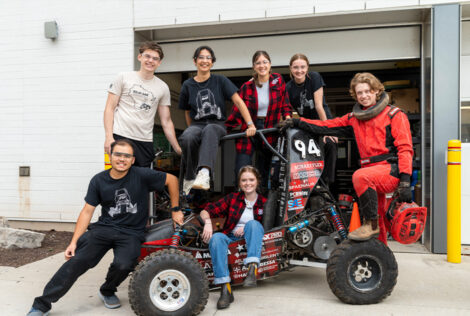
ENGINEER 3CX3
Students earn course credit for valuable experiential learning while heavily involved in extracurricular clubs and groups.
Experiential learning provides students with hands-on learning opportunities beyond the traditional lecture-style format. We are challenged to re-imagine engineering education as a holistic approach to educating the whole engineer.

Students earn course credit for valuable experiential learning while heavily involved in extracurricular clubs and groups.
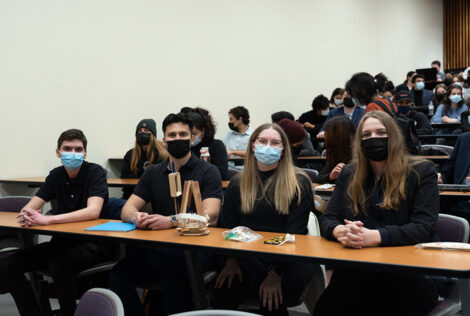
Students receive formal recognition of experiential learning conducted within the atmosphere of technically-oriented McMaster Engineering teams.
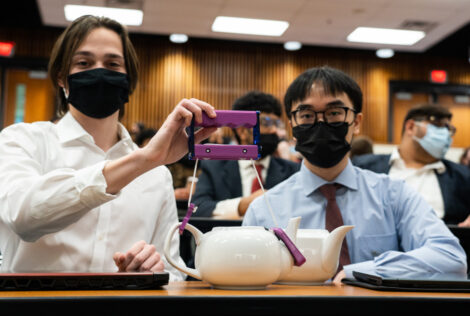
Called Integrated Cornerstore Design projects in Engineering, students in this course are exposed to a series of design projects that develop both technical and professional skills.
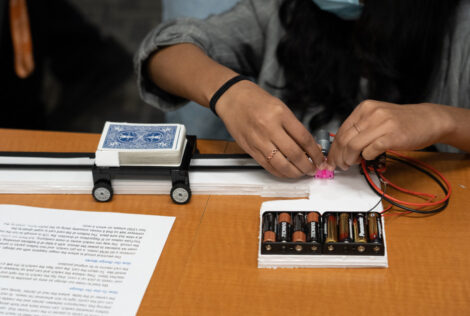
This course provides a multi-disciplinary learning environment that develops skills in engineering design and technical communication through a term-long project that addresses an industry or community relevant issue.
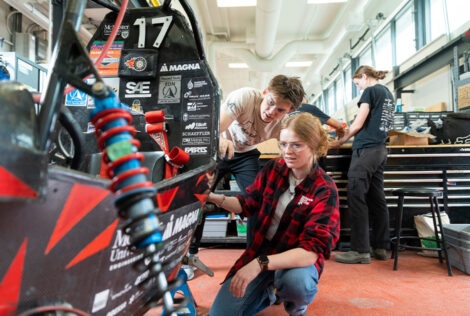
The Engineering Co-op Program provides undergraduate and graduate students with the opportunity to gain valuable engineering work and experiential learning opportunities before they graduate.
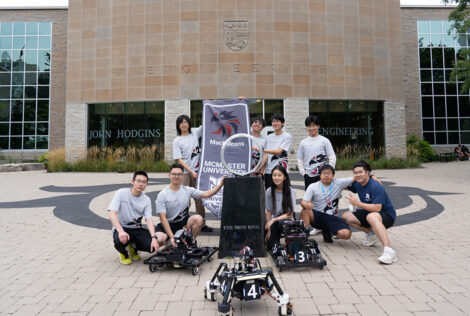
There are over 60 engineering clubs, teams, committees, conferences, and competitions students can join to enhance technical and non-technical skills. Getting involved in these experiential learning opportunities enriches student life and contributes to social development and academic success.
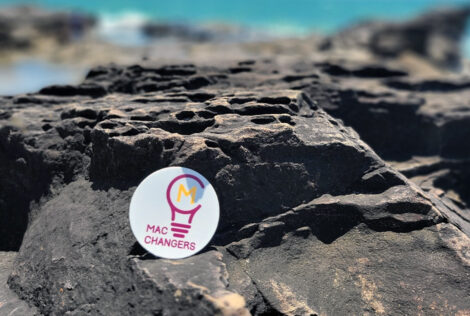
This co-curricular experiential program pairs multidisciplinary teams with community members to propose innovative solutions to local challenges facing Hamilton and global communities.
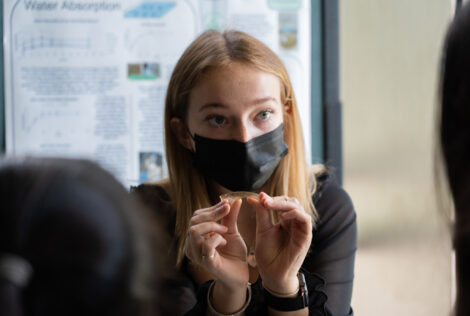
The NSERC Research Experience Award and Dean’s Excellence Awards give students the opportunity to spend their summers working in labs with professors, researchers and entrepreneurs across campus
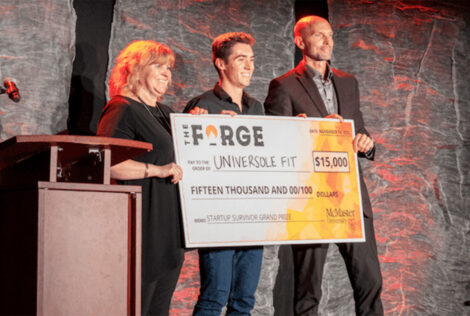
McMaster Engineering is supporting an infrastructure that’s helping to launch Hamilton’s next generation of star entrepreneurs. With the support of key partners, we are seeing the number of student-born start up companies continue to grow.
Chat with students from the Faculty of Engineering on The Ambassador Platform and discover what makes our #FireballFamily community so incredible.